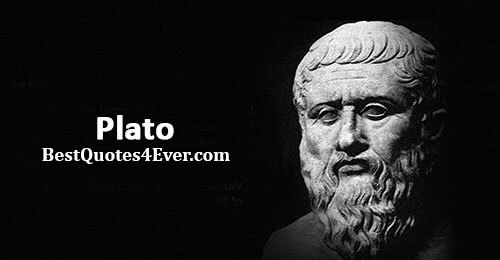Biography
Type: Ancient philosopher
Born: 428/427 or 424/423 BC Athens
Died: 348/347 BC (age c. 80), Athens
Building on the demonstration by Socrates that those regarded as experts in ethical matters did not have the understanding necessary for a good human life, Plato introduced the idea that their mistakes were due to their not engaging properly with a class of entities he called forms, chief examples of which were Justice, Beauty, and Equality. Whereas other thinkers—and Plato himself in certain passages—used the term without any precise technical force, Plato in the course of his career came to devote specialized attention to these entities. As he conceived them, they were accessible not to the senses but to the mind alone, and they were the most important constituents of reality, underlying the existence of the sensible world and giving it what intelligibility it has. In metaphysics Plato envisioned a systematic, rational treatment of the forms and their interrelations, starting with the most fundamental among them (the Good, or the One); in ethics and moral psychology he developed the view that the good life requires not just a certain kind of knowledge (as Socrates had suggested) but also habituation to healthy emotional responses and therefore harmony between the three parts of the soul (according to Plato, reason, spirit, and appetite). His works also contain discussions in aesthetics, political philosophy, theology, cosmology, epistemology, and the philosophy of language. His school fostered research not just in philosophy narrowly conceived but in a wide range of endeavours that today would be called mathematical or scientific.






